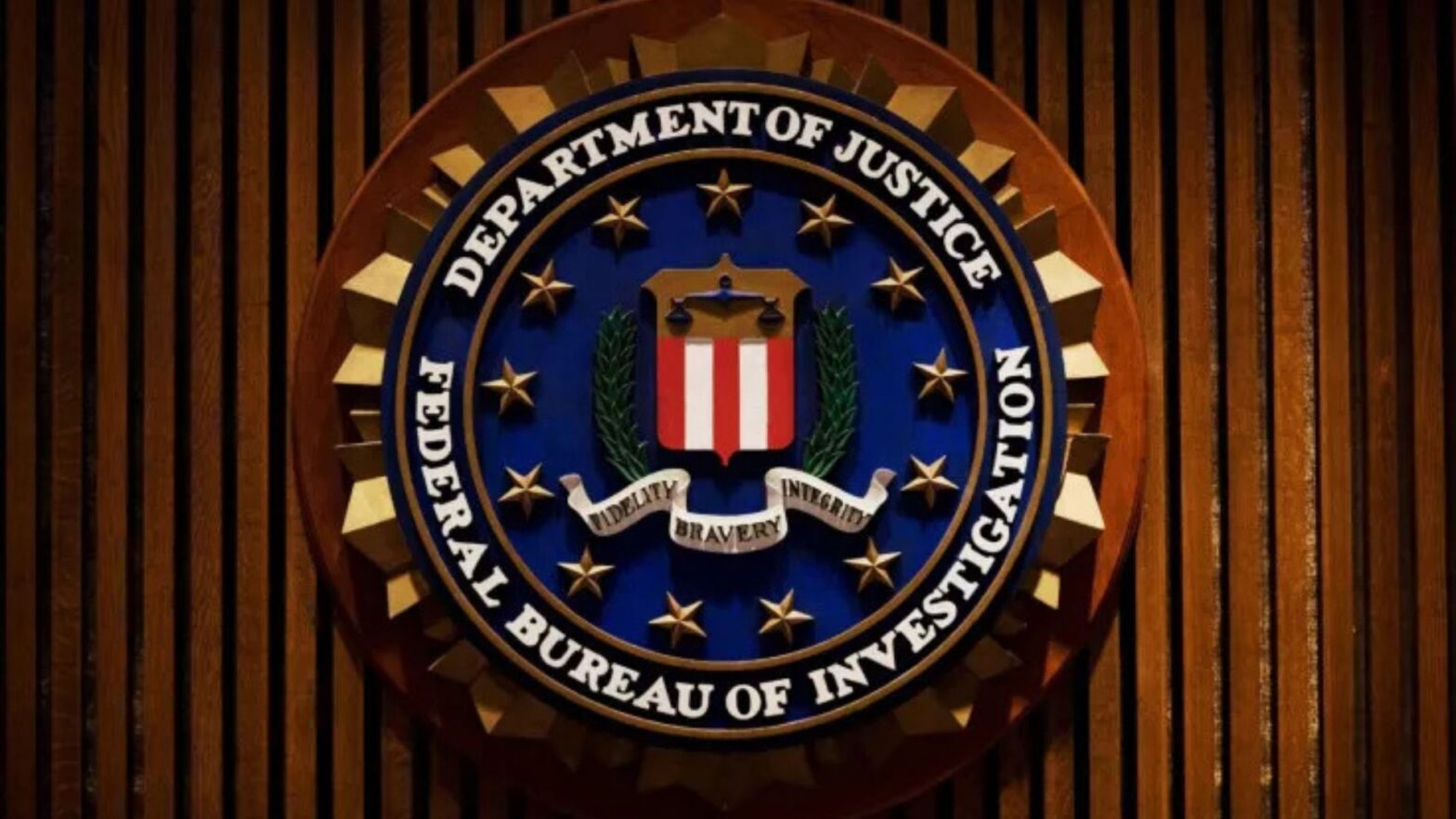The FBI has issued a warning that hackers are exploiting compromised government and police email addresses to send fraudulent emergency data requests to U.S. tech companies. These fake requests are designed to steal personal user information, including emails and phone numbers, under the guise of legitimate law enforcement inquiries. The FBI has seen a sharp uptick in these activities since August 2023, as cybercriminals increasingly use these tactics for harassment, financial fraud, and other criminal activities.
Emergency data requests (EDRs) allow law enforcement to quickly access user data in urgent situations without a court order. However, the FBI’s recent advisory highlights a troubling trend of hackers posing as police officers to exploit these requests. This issue, though not new, has worsened as cybercriminals advertise access to compromised police email accounts, enabling them to submit fraudulent subpoenas to tech firms. The FBI’s advisory stresses the growing danger and urges tech companies to improve their verification processes to avoid falling victim to these impersonation tactics.

This fraudulent activity is part of a broader trend where cybercriminals target tech companies that store vast amounts of sensitive user data. Companies like Apple, Meta, Google, and Snap, which receive tens of thousands of emergency data requests annually, are especially vulnerable. These companies are now under pressure to enhance their security measures to protect user privacy from such breaches.
Experts have emphasized the need for stronger cybersecurity protocols within law enforcement agencies to prevent such breaches. Police departments often lack sufficient safeguards, making them easy targets for phishing and other cyberattacks. The FBI has recommended multi-factor authentication and better email hygiene to reduce the risk of hacking.
The FBI’s warning highlights the delicate balance between privacy and urgent law enforcement needs. As cybercriminals continue to exploit this legal loophole, tech companies and law enforcement must collaborate to strengthen data request processes and better protect user information from abuse.
For now, the threat of fraudulent police data requests remains a serious concern. Tech companies and law enforcement are under increasing pressure to safeguard user data against this sophisticated new wave of cybercrime.












